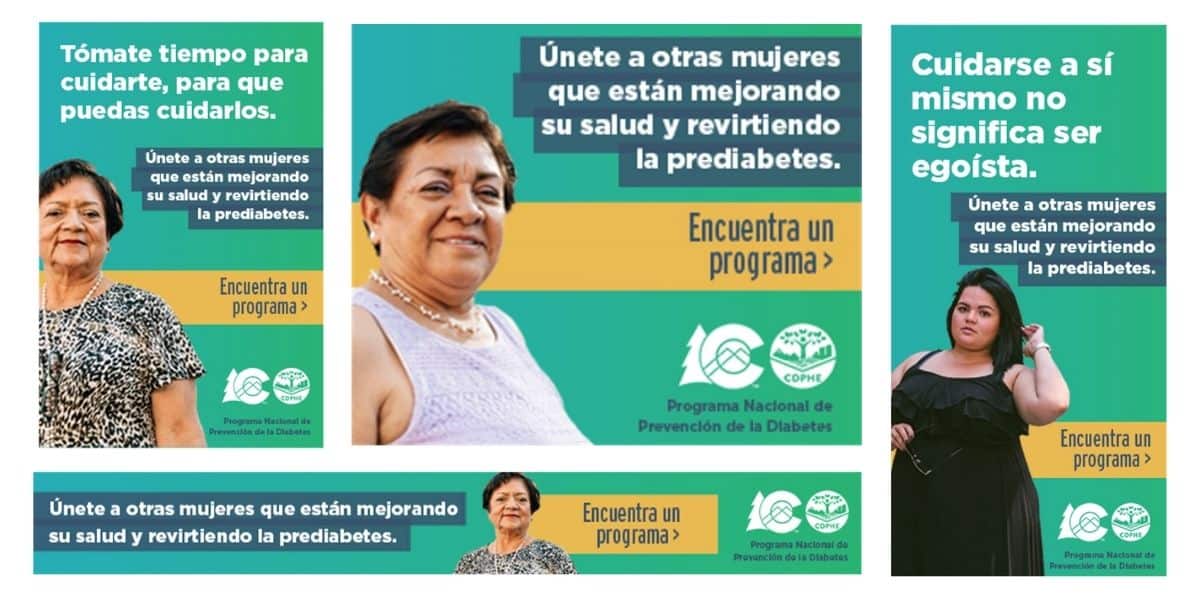Yesterday the political world was shaken when President Biden stepped aside and decided to suspend his campaign to run for a second term. In his announcement he did not specify who he would support as a candidate. Political commentators spent nearly an hour speculating on whether he would back the natural and logical choice of the Vice President.
He later announced his support for Vice President Kamala Harris. The first Indian and African American woman to run for the high office. Questions of her experience and her qualifications quickly spread across the internet.
This reaction unfortunately is very normal, from the ground floor to the top floor, from large business to small business, women are presumed unqualified while men are presumed qualified. It seems asinine to question whether the woman who has been the Vice President for the past three and half years would not be qualified over someone who has NOT been the Vice President for the past three and half years.
In today’s progressive society, one would expect that gender equality has made significant strides, especially in the business world. However, an enduring bias remains, tipping the scales in favor of men when it comes to perceived qualifications. This bias isn’t just an issue of fairness; it has real-world implications on hiring practices, career advancement, and workplace dynamics.
How Bias Manifests in the Workplace
Hiring Practices
Studies have shown that identical resumes with male names receive more callbacks than those with female names. Even in industries where women have a strong presence, such as human resources, men are often preferred for leadership roles.
 Performance Evaluations
Performance Evaluations
Men and women can perform the same task with similar outcomes, yet men are more likely to be rated higher in performance evaluations. This disparity often results in more promotions and greater earning potential for men.
Leadership Roles
Women make up nearly half of the workforce but occupy a much smaller percentage of executive positions. The “glass ceiling” is still very much in place, limiting the upward mobility of women in the corporate ladder.
The Impact of This Bias On Women
The presumption of male superiority affects women’s career prospects, earning power, and overall job satisfaction. Women may feel the need to work twice as hard to prove their worth, leading to burnout and job dissatisfaction.
On Organizations
Companies miss out on the diverse perspectives and innovative ideas that women bring to the table. A lack of gender diversity can result in a homogenous corporate culture, which stifles creativity and innovation.
On Society
When women are not given equal opportunities, society at large suffers. Gender equality in the workplace is not just a women’s issue; it’s a societal one. Ensuring that women are given equal opportunities benefits everyone by fostering a more just and equitable society.
Steps Toward Change
Awareness and Education
Organizations need to recognize and address the biases that exist within their culture. This starts with educating employees and management about unconscious biases and how they impact decision-making.
Mentorship and Sponsorship
Creating mentorship and sponsorship programs can help women advance in their careers. Having a mentor or sponsor who believes in their potential can make a significant difference in a woman’s career trajectory.
Policy Changes
Implementing policies that promote gender equality, such as flexible working hours, parental leave, and diversity hiring initiatives, can help level the playing field.
Accountability
Companies should hold themselves accountable by setting diversity and inclusion goals and regularly measuring their progress. Transparency in reporting these metrics can also drive change.
Conclusion
The presumption that men are more qualified than women in the business world is a deeply ingrained bias that requires concerted efforts to overcome. By acknowledging the problem and taking proactive steps, we can create a more equitable workplace where everyone has the opportunity to succeed.
Are you ready to take action? Join the conversation and be part of the change. Sign up for our newsletter to stay updated on the latest insights and strategies for promoting gender equality in the workplace.

About the Author:
Alvina Vasquez (she/her), founder of PowerMap Ltd., now a principal partner at SE2 following their merger in January 2024, stands as a prominent community leader. With over two decades of experience in broadcasting and political strategy, including her role as Political Director for the “Jared Polis for Colorado” campaign, Alvina excels in crafting impactful messaging and crisis communication. Her expertise in media management extends to both Spanish-language and general market contexts, earning her recognition as one of Denver’s 40 under 40.
Beyond her professional endeavors, Alvina is committed to societal advancement, evidenced by her participation in the Latino Leadership Institute Executive Program and her involvement with various educational and civic organizations. Her dedication to driving meaningful change underscores her role as a key figure in community leadership and strategy.





